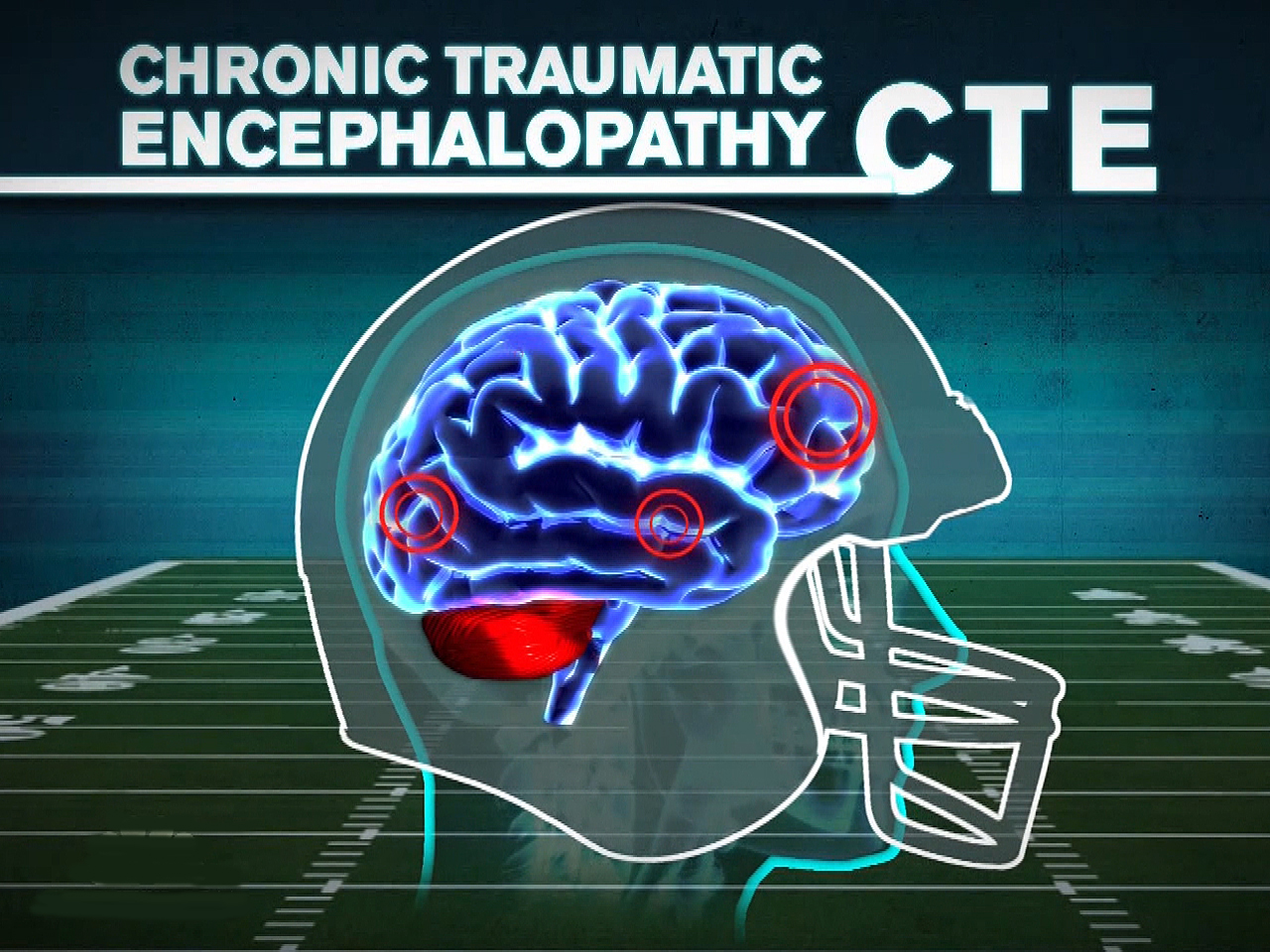Source: Thailand Medical News Jan 06, 2020 6 years, 1 month, 17 hours, 7 minutes ago
A recent study shows the feasibility of using
gene therapy to treat the progressive neurodegenerative disorder
chronic traumatic encephalopathy (
CTE). The study, which demonstrated the effectiveness of direct delivery of
gene therapy into the brain of a mouse model of
CTE, is published in Human
Gene Therapy.

Dr Ronald Crystal and colleagues from Weill Cornell Medical College, New York, NY, coauthored the article entitled "Anti-Phospho-
Tau Gene Therapy for
Chronic Traumatic Encephalopathy."
There is currently no treatment for
chronic traumatic encephalopathy, which is caused by repeated trauma to the central nervous system (CNS), such as that suffered by soldiers, athletes in contact sports, and in accident-related trauma.
Inflammation results in the accumulation of hyperphosphorylated forms of
Tau protein (pTau). Dr Crystal and his team developed an adeno-associated virus (AAV) vector to deliver an anti-p
Tau antibody to the (CNS). They showed that direct delivery of the AAVrh.10anti-p
Tau directly into the hippocampus of brain-injured mice was associated with a significant reduction in p
Tau levels across the CNS. They propose that doses could be scaled up and this strategy could be effective in humans as well.
Lead author Dr Terence R. Flotte, MD, Celia and Isaac Haidak Professor of Medical Education and Dean, Provost, and Executive Deputy Chancellor, University of Massachusetts Medical School, Worcester, MA told
Thailand Medical News via a phone interview, "
Chronic traumatic encephalopathy is much more prevalent than was initially realized, and there is currently no therapy available. This new work from the Dr Crystal laboratory is potentially ground-breaking as a means to remove the offending
Tau phoshoprotein."
Reference : Chester Bittencourt Sacramento et al, Anti-Phospho-Tau Gene Therapy for Chronic Traumatic Encephalopathy, Human Gene Therapy (2019). DOI: 10.1089/hum.2019.174
